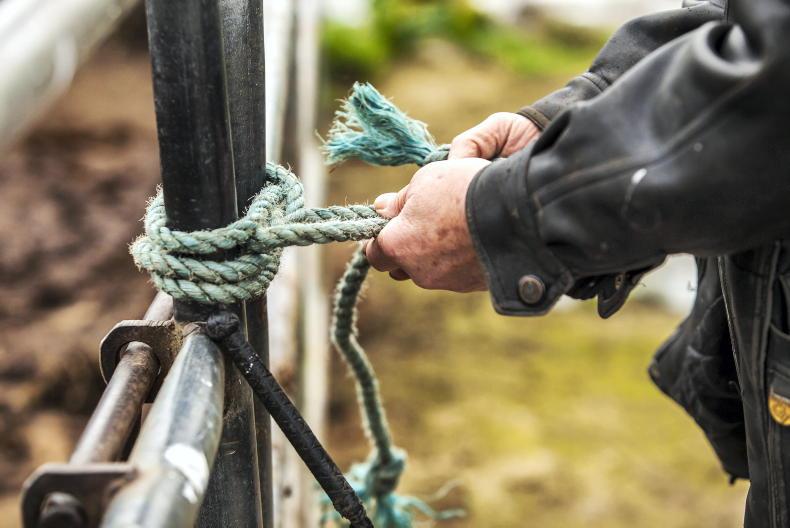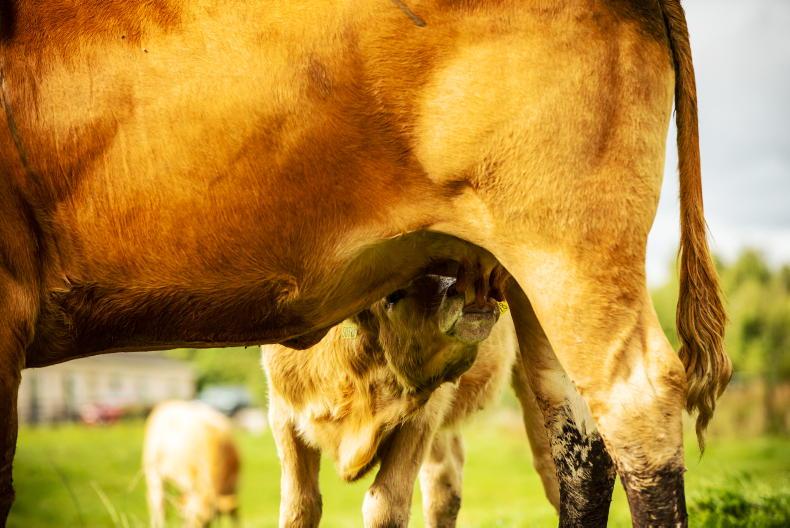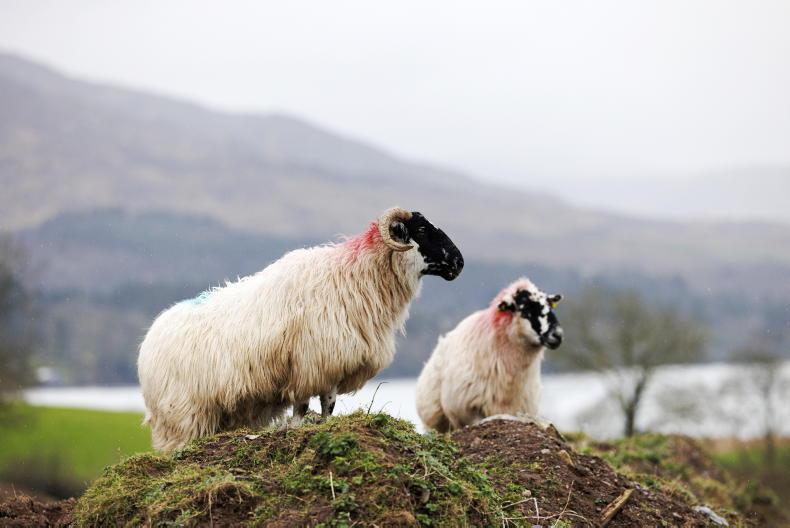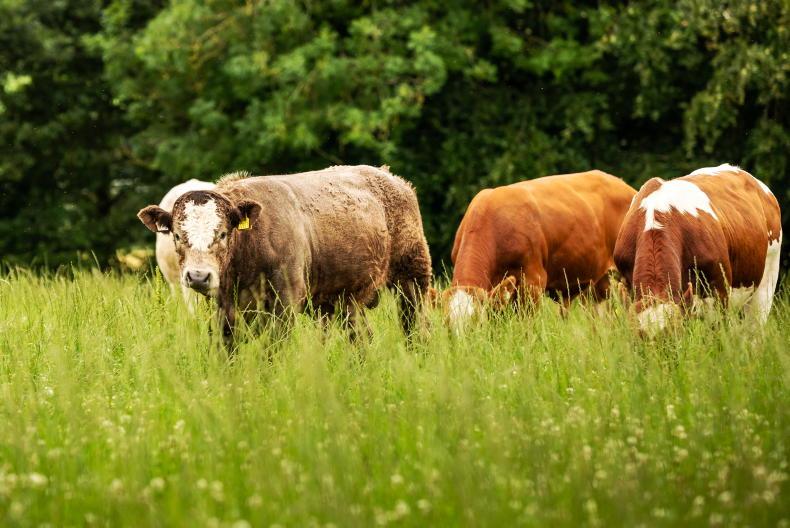How often do you hear policymakers say: “Oh we can’t do that. It’s against World Trade Organisation (WTO) rules.”
When told that, people just nod their heads and acknowledge that, of course, they are right.
The old direct intervention purchases of dairy products, cereals and beef – they don’t happen anymore
Well, it’s not true. Under the WTO rules, there are limits on how much trade-distorting payments can be made to farmers but in a recent study published by the Financial Times, it was very clearly spelled out that, in fact, the EU has used less than 10% of what it is allowed to spend on direct farmer supports – the so-called amber box category items.
Think about them. The old direct intervention purchases of dairy products, cereals and beef – they don’t happen anymore.
Similarly, there are no export refunds to enable EU products to be sold on low-priced third country markets.
The reason, of course, that export refunds are no longer paid apart from the EU in effect unilaterly abolishing them, is because over the last number of years there has been an astonishing convergence of price levels across the major producing exporting blocks.
South American prices are more volatile
So milk is much the same in the US, New Zealand and the EU; similarly with beef and cereals. South American prices are more volatile mainly because of currency variability and political instability with periodic export bans and taxes, especially in Argentina.
The convergence has happened because European prices were dramatically reduced by the MacSharry and Fischler reforms and other countries’ prices also increased.
Meanwhile, the CAP money – meant to compensate for the price reductions – has declined, with a greater proportion going towards meeting environmental objectives and less towards ensuring that food-producing farmers’ incomes were protected.
The other option is to insist that all imports of food and animal feed be produced to the same standards as those imposed on European farmers
We have now reached the stage where there is enormous legal scope, according to international rules, for extra production-related payments to be given to farmers.
The other option is to insist that all imports of food and animal feed be produced to the same standards as those imposed on European farmers. This would result in some increases in raw material prices, but the present environmental and economic pressures threatened for European farming will further reduce farm incomes while shifting production overseas.










SHARING OPTIONS